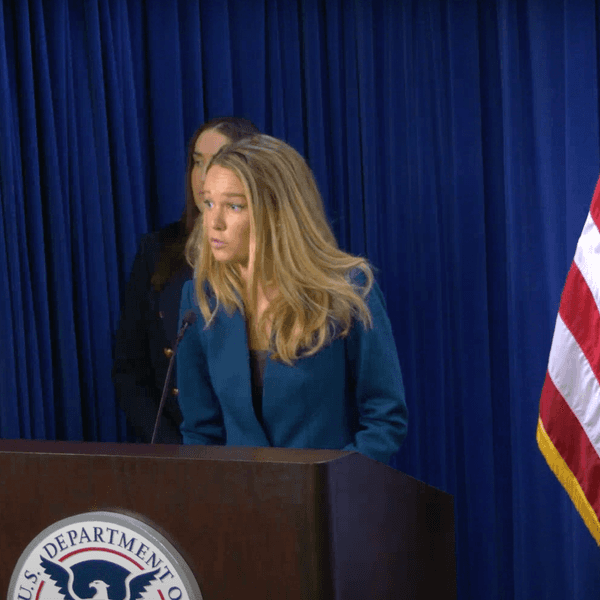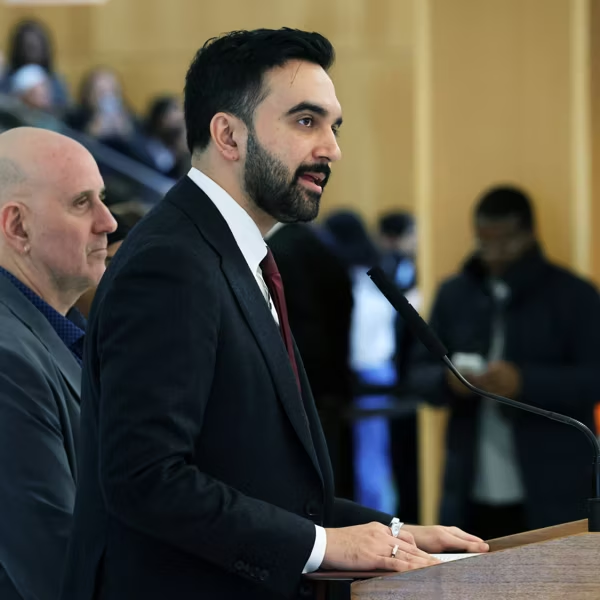In the wake of 9/11, New York City police repeatedly violated safeguards meant to protect lawful political and religious activities from unwarranted surveillance, according to the department's own inspector general.
A report (pdf) from the New York Police Department (NYPD)'s Office of the Inspector General (OIG), released Tuesday, found the department to be "often non-compliant with a number of the rules" by failing to secure proper authorization or extensions for investigations of political activity, particularly those involving Muslims.
The probe examined a sample of all closed cases between 2010 and 2015, some of which were opened as far back as 2004. More than 95 percent of the cases, according to the document, involved Muslims or political activity associated with Islam.
"For example," the review reads, "when applying for permission to use an undercover officer or confidential informant, the application must state the particular role of the undercover in that specific investigation, so that the need for this intrusive technique can be evaluated. NYPD almost never included such a fact-specific discussion in its applications, but instead repeatedly used generic, boilerplate text to seek permission."
"Tellingly," it continues, "this boilerplate text was so routine that the same typographical error had been cut and pasted into virtually every application OIG-NYPD reviewed, going back over a decade."
"Further, among all cases reviewed, NYPD continued its investigations even after legal authorization expired more than half the time," the report says. "Often more than a month of unauthorized investigation occurred before NYPD belatedly sought to renew the authorization. While NYPD has provided assurances that these investigations were always supervised (even if they ran past the authorized expiration date), the fact that deadlines were missed and rules were violated is troubling and must be rectified."
The inspector general's report was undertaken to assess the NYPD's compliance with the so-called the Handschu Guidelines, which, as the ACLU's Hina Shamsi explained earlier this year, "came out of a decades-old class-action suit challenging the NYPD's unconstitutional surveillance of political groups and activists."
And, as the New York Civil Liberties Union (NYCLU) said in a press statement, it comes after a 2016 settlement agreement in two lawsuits, Raza v. City of New York and Handschu v. Special Services Division, "which proposes to modify the Handschu Guidelines to incorporate new safeguards and establish a civilian representative to protect New Yorkers from unwarranted NYPD surveillance for political or religious activity."
That settlement--based on revelations that the department had unconstitutionally infiltrated Muslim student groups and mosques to spy on people--must still be approved by a federal judge.
For NYCLU executive director Donna Lieberman, Tuesday's report provided "yet more evidence that the NYPD's surveillance of American Muslims was highly irregular, operated in a black box, and violated even the weaker rules that existed before our proposed settlement."
"The report's recognition of the need for ongoing oversight, and our settlement's proposal for a civilian representative within the NYPD, will together ensure necessary transparency and enforcement of the rules reining in NYPD surveillance of political and religious activity," she said.




